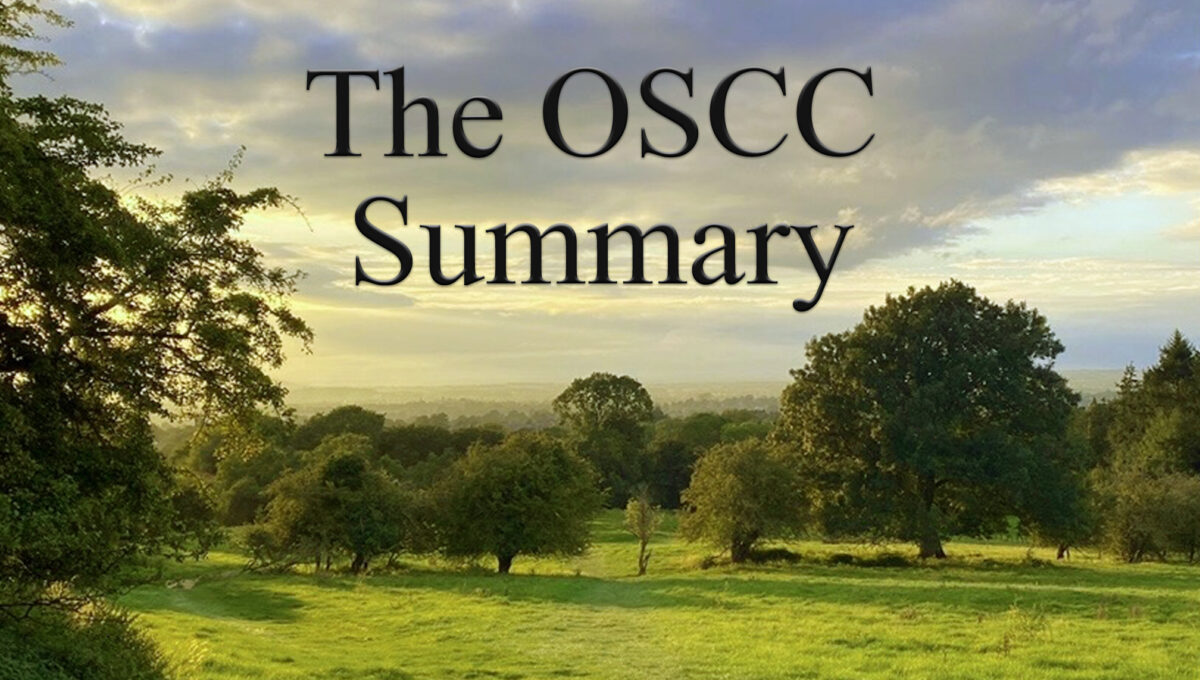This week at the Oxford School of Climate Change, we entered the new and expanding world of climate litigation. Dr Benjamin Franta, a Senior Research Fellow in Climate Litigation and founder of Climate Litigation Lab, took on the task of outlining the history of climate litigation. Since the first climate lawsuit, which was filed in 1986, there has been almost exponential growth in the number of unique cases relating to climate change claims. With more than 20 lawsuits being filed against oil and gas companies since 2017 in the US alone, the rate at which companies are being held environmentally accountable shows no sign of slowing down. The financial disincentives for corporate climate degradation now appear to be both deterring increasing carbon footprints and justifying sustainable strategies.
The presentation of fossil fuel companies as a solution to the climate crisis drove the greenwashing crisis of the early millennium and became one of the greatest threats to real, long-term climate action. Historically, investments into oil and gas shadowed spending on renewable alternatives, despite large amounts of funding allocated to ‘green’ advertisement. At the same time, fossil fuel companies continued to lobby against legislative solutions that challenged apparent greenwashing, with the US spending more than 2 billion USD on this objective from 2000 to 2016.
Human rights cases are a notorious form of climate litigation, wherein human lives threatened by company oversight are often long debated and dismissed. The question of prevention or penalty after-the-fact remains a grey area within climate litigation. The point at which companies can be deemed liable for the detrimental outcomes of environmental changes is not yet universalised in human rights law.
Taking the issue of sea level rise as a global warming trend, coastal regions and states form the majority of ‘cost recovery’ suits, directing companies notably responsible for these rising levels to provide compensation for climate defences. Under ‘consumer protection’ cases, statutes which ensure company transparency now allow civil penalisation where misleading information is communicated, yet more still needs to be done to clarify how cases can successfully progress to trial. In September 2013, the Urgenda Foundation filed a lawsuit against the Dutch government based on its ‘inadequate GHG reduction’: a breach of its citizen’s human rights. This resulted in the order and agreement of reducing GHG pollution by 25% by 2020, relative to 1990 levels, demonstrating how governments too can be held accountable.
The future of climate litigation is radical and remains a tool for achieving climate justice, challenging the global participation of industries in the process.

